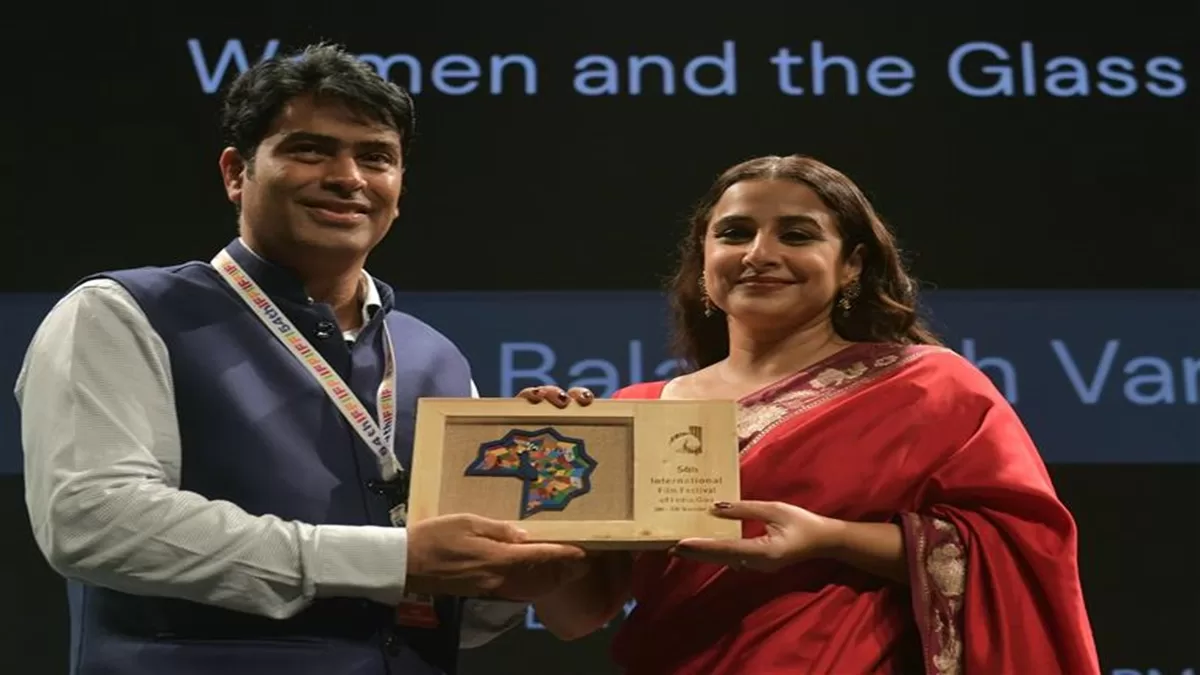Happiness Vs Satisfaction: Which One Should We Seek?

By: A. Kartikeyan (Himshikha Shukla)
You must have heard this debate on happiness vs satisfaction a thousand times, but did you ever try to understand the difference between these two states of mind? Happiness and satisfaction are intertwined, but never the same. To know the difference, you must understand the meaning of these concepts.
What makes you happy? Does the thing that makes you feel happy make you feel satisfied as well? Will you ever be able to experience satisfaction even if you’re not happy, or vice versa? We all search for things that make us happy, and somehow, we don’t feel satisfied. Maybe you think if you had a bigger house, a bigger car, a hot date, then you’d feel happy – we always crave for more.
Why We All Long for More
When we experience a moment of happiness, we often want even more, right? Happiness feels like an itch we can’t quite scratch enough or a bucket we can never fill up.
The answer to getting more happiness is in shifting the way we look at happiness itself. Happiness is a feeling. It’s temporary. It comes and goes. While happiness is joy and pure pleasure, it’s momentary. We may experience happy and transcendent moments, but they pass. Then we shift back to our “regular” state. Some people are happier than others, and every one of us has a happiness set point.
On the other hand, satisfaction is a state of being; it’s lasting and infinite. Satisfaction comes from finding a purpose and embracing our sense of purpose in all aspects of our lives.
Here is the difference between happiness and satisfaction.
What is happiness?
Happiness is defined as a state of mind as well as an emotion. It is about how you feel at the moment. It can be defined as a momentary experience that is pleasant, feels extremely good. Your dopamine levels are high at that moment. The only bad thing is that it goes away as the moment passes.
This concept keeps people from embracing the present and living in the moment. We may miss opportunities in the present because we’re so busy trying to find something we can’t find or chasing something fleeting.
- Our levels of happiness re broken down into three states:
- Hedonic happiness
- Happiness of engagement
- Happiness of meaning and purpose
Hedonic happiness is a quick fix. It’s a joke, a treat, or an escape. When we experience hedonic happiness, we’re getting a momentary smile. It’s fun, we feel good, then it passes, and we’re on to the next moment. Many people settle on the concept of hedonic happiness, but it never really scratches their itch for more.
The happiness of engagement is the joy of connecting with others in genuine engagement. If we think of engagement as a continuum, we move across it, having moments of disengagement, mis-engagement, superficial engagement, and deep, intimate connections moving toward the ultimate transformative engagement. The happiness of engagement exists in the deeper end of the spectrum—where we’re genuinely connecting, listening, learning, and working with another person toward something greater than ourselves.
The happiness of meaning and purpose is where satisfaction exists. This is the more profound sense of purpose we get from a life where we’re mindful, engaged, turned on, and tuned in to the world around us. While we may not always feel hedonic happiness, if we’re living a life oriented toward purpose and meaning, our satisfaction will become a greater joy and fulfillment.
What is satisfaction?
Satisfaction is a state of mind when your desires and needs are met. It is a state of inner contentment, meaning you are not stuck in the endless pursuit to buy more things in life. It is the feeling that you get when you spend your days doing things that are important to you or mean something to you.
Satisfaction is in the here and now, whereas happiness is often something you imagine will be somewhere else. Satisfaction, or happiness from meaning and purpose, arrives when we’re in the state of flow. A person is capable of happiness or misery regardless of what’s going on around them, through their consciousness and mindset.
Many people think if they could obtain more, they would feel happy. If they had a bigger house, they would feel satisfied. If they got the corner office, an attractive partner, or a book deal, they’d feel fulfilled. The truth is, happiness isn’t a feeling we buy or get from others. It’s not about our achievements or checking a task off our to-do list. Happiness isn’t a promotion, the lottery, or even a hot date.
Flow is the moment when nothing else matters over what we’re doing. It’s when we’re concentrating fully on our task, and there’s no room to worry or think about distractions. Flow is where we get lost in the moment. Time seems to fly by and simultaneously stop because we’re so engaged.
But when people report on the origins of their satisfaction, it’s often correlated to their job. Work gives people their sense of purpose and meaning. This sense of purpose and meaning gives them the highest level of happiness. It’s often in their work where people experience the state of flow. Flow can also come from building our relationships and connections with others. It’s when we’re really clicking, we’re deeply engaged, and we’re fully immersed in the moment.
Now, satisfaction and flow don’t come from a state of continually doing or from immersing ourselves in busywork. Satisfaction is a state of being. The most satisfied people in the world live with a sense of purpose. They’re living in the here and now, concerning themselves with the greater good and their impact on the world around them. They aren’t busy; they’re engaged.
Happiness Vs Satisfaction
If you think happiness will come from somewhere else, you’re missing the mark. The idea we can “find happiness” or we should continuously move from opera to opera, seeking happiness out, keeps us from embracing the satisfaction we could discover in the here and now. The opportunities are right in front of us.
If we want more meaning and satisfaction in our lives, it doesn’t come from treating ourselves or sitting around on the couch, binging on Netflix. Satisfaction comes from challenging ourselves. It’s when we’re engaged, stimulated, and discovering. It comes from tackling the next assignment in our life, and from working toward the next mountain, and then the next.
If you are wondering which one is important for you – it depends on your beliefs and ideology. You can find happiness in little things in life. For instance, eating your favourite ice-cream can make you feel happy, but if deep down, you are feeling guilty, then you will not feel satisfied.
You will achieve satisfaction once your source of happiness or success is aligned with your inner beliefs and the way you view the world. Being satisfied means doing work that feels meaningful to you. So, in a way, aiming at satisfaction is a better way to do things.










